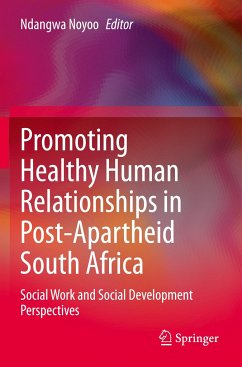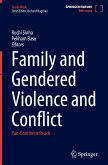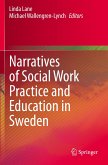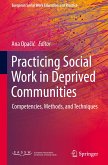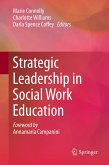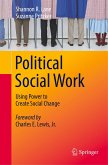This is the first book that examines healthy human relationships in post-apartheid South Africa. In contemporary South Africa, human relationships are under considerable threat. Despite the 1994 commitment to an inclusive and human-rights-based democracy, human relationships remain strained. Bearing in mind South Africa's tortuous and divisive past, this book brings to light many issues, prospects and challenges with regard to the promotion of healthy human relationships after apartheid ended.
Social work and social development perspectives are central to the issues that are raised in this volume. The profession of social work has always championed the centrality of human relationships, being less interested in the internal functioning of people and more interested in their interpersonal functioning within broader structures and forces, including social justice, building people's strengths and capabilities, anti-discrimination, diversity and empowerment.
This edited book is based on select papers presented at a social work conference in 2019 that was co-hosted by the Department of Social Development at the University of Cape Town and the Association of South African Social Work Education Institutions. In the chapters, the contributors offer some solutions to the ubiquitous societal ills that emanate from either corrosive or broken human relationships:
Resurgent racism in post-apartheid South Africa and the need to promote healthy human relationshipsPromoting healthy human relationships with sub-Saharan African immigrants and South AfricansPromoting family and human relationships in a traumatised societySocial policy, social welfare, social security and legislation in promoting healthy human relationships in post-apartheid South AfricaSocial protection as a tool to promote healthy human relationships in South Africa
Promoting Healthy Human Relationships in Post-Apartheid South Africa is an essential resource for an international audience of scholars, policy-makers, and social work and social development practitioners, legislators and students.
Social work and social development perspectives are central to the issues that are raised in this volume. The profession of social work has always championed the centrality of human relationships, being less interested in the internal functioning of people and more interested in their interpersonal functioning within broader structures and forces, including social justice, building people's strengths and capabilities, anti-discrimination, diversity and empowerment.
This edited book is based on select papers presented at a social work conference in 2019 that was co-hosted by the Department of Social Development at the University of Cape Town and the Association of South African Social Work Education Institutions. In the chapters, the contributors offer some solutions to the ubiquitous societal ills that emanate from either corrosive or broken human relationships:
Resurgent racism in post-apartheid South Africa and the need to promote healthy human relationshipsPromoting healthy human relationships with sub-Saharan African immigrants and South AfricansPromoting family and human relationships in a traumatised societySocial policy, social welfare, social security and legislation in promoting healthy human relationships in post-apartheid South AfricaSocial protection as a tool to promote healthy human relationships in South Africa
Promoting Healthy Human Relationships in Post-Apartheid South Africa is an essential resource for an international audience of scholars, policy-makers, and social work and social development practitioners, legislators and students.

